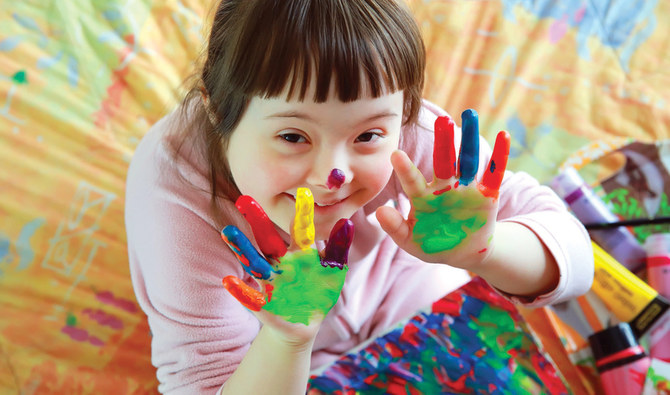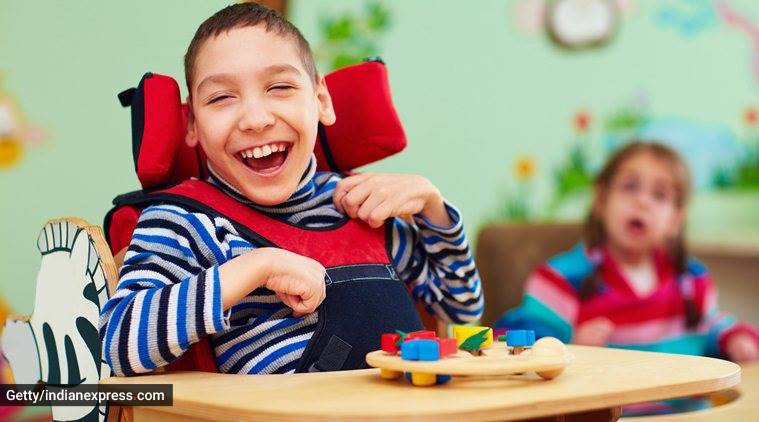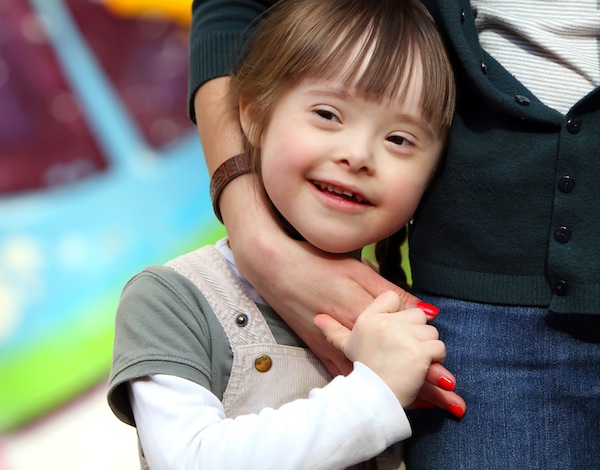Is your child suffering from a learning disability? You can help children develop self-confidence and achieve success by following these parenting techniques.
While maturing, all children require affection and support. Positive thinking can aid in the development of a strong feeling of self-worth in children with learning disabilities.
Consider the big picture when it comes to learning impairments

All children require love, encouragement, support, and appreciation that can help kids with learning difficulties develop a strong sense of self-worth, confidence, and the drive to persist even when things are difficult.
While looking for solutions to assist children with learning disabilities, please remember that you are attempting to help them. Your responsibility as a parent is to provide your child with the social and emotional tools. They need to overcome challenges, not to “fix” the disability. Overcoming a hurdle like a learning disability can help your child grow stronger and more resilient in the long run.
Always keep in mind that how you act and react to situations has a significant impact on your child. A good outlook will address the issues that occur with learning disabilities. It will also give your child hope and confidence that things will improve.
Techniques for parenting a child having learning disability
Keep things in context. A learning handicap isn’t impossible to overcome

Remind yourself that you are not alone in your difficulties. It is your duty and responsibility to teach your child how to overcome these challenges without feeling disheartened and overwhelmed. Don’t let the tests, school bureaucracy, and endless paperwork keep you from doing what’s most important: providing moral and emotional support to your child.
Become an expert in your own way
Perform your own research and keep up to date on new learning disability programs, therapies, and educational techniques. First, you may be tempted to seek assistance from other teachers, therapists, and doctors. But, you should lead the way in finding the tools they need to learn.
Be a strong supporter of your child
You may have to speak out several times to secure special assistance for your child. Work on your communication skills and embrace your role as a proactive parent. It can be frustrating at times, but by remaining calm and reasonable whilst being firm, you can make a massive difference in your kid’s development.
Remember that your strength outweighs everyone else’s

Your child will emulate your behavior. If you approach learning challenges with enthusiasm, effort, and humor it will set an example for your child and he/she will emulate you. Concentrate your efforts on determining what works best for your child and implementing it as effectively as possible.
How can you help your child ?
- Taking ownership of your child’s education.
- Determining your child’s preferred method of learning.
- Considering personal success rather than academic achievement.
- Stress the importance of maintaining a healthy lifestyle.
Technique 1: Taking ownership of your child’s education
Education is a part of parenting, your role in your child’s education is more crucial than ever in this age of unending budget cuts and underfunded schools. Don’t sit back and let someone else be in charge of giving your child the learning resources they require. Take an active role in your child’s education. If a documented educational need exists, the school must design an Individualized Education Plan (IEP) that provides some educational benefit but does not necessarily optimize student progress. This standard may frustrate parents who desire the best for their children.
Technique 2: Determine your child’s preferred method of learning.
Everyone, whether they have a learning problem or not, has a distinct learning style. Some people learn better by seeing or reading, while others learn best by listening and doing. By determining a child’s predominant learning style, you can assist them with their learning difficulty.
Do you know whether your child is a visual, auditory, or kinesthetic learner? You can take steps to ensure that sort of learning is encouraged in the classroom and during home study once you’ve figured out how they learn best.
Technique 3: Consider personal success rather than academic achievement.

Different people define success differently, but your goals and dreams for your child are likely to go beyond good grades. Perhaps you wish for your child’s future to include a rewarding job and gratifying connections, or a happy family and a sense of fulfillment. The point is that success in life, not just in school, is determined by qualities such as a healthy sense of self, the eagerness to ask for and accept help, the sense to persevere in face of adversity, the ability to form healthy relationships with others, and other qualities that aren’t as easily quantifiable as grades and exam scores.
Technique 4: Stress the importance of maintaining a healthy lifestyle
Although it may seem obvious that learning involves both the brain and the body, your child’s eating, sleeping, and exercise habits may be far more crucial than you realize. Children with learning disabilities will be able to focus, concentrate, and work harder if they eat well and get enough sleep and exercise.
Don’t forget to look after yourself!
The most difficult aspect of parenting is remembering to look after yourself. It’s easy to become preoccupied with your child’s needs while neglecting your own. However, if you don’t take care of yourself, you risk burning out. It’s critical to take care of your physical and emotional needs so that you can raise your child in a healthy environment. If you’re stressed out, weary, and emotionally spent, you won’t be able to aid your child. Parenting will be effective when you yourself are in good health. On the other hand, when you’re calm and concentrated, you’re better able to connect with your child and help them be peaceful and focused as well.
If you can find a method to include your spouse, friends, and family members, they can be valuable partners.

Maintain open channels of communication with your partner, family, and friends. Take good care of oneself by eating well, exercising regularly, and sleeping sufficiently. Join a support group for people with learning disabilities. The support and guidance you’ll receive from other parents can be quite beneficial. Whenever feasible, enlist the help of instructors, therapists, and tutors to share some of the day-to-day academic obligations. Discover how to deal with stress in your own life. Make time for yourself to rest and unwind on a daily basis.
Share with your friends






